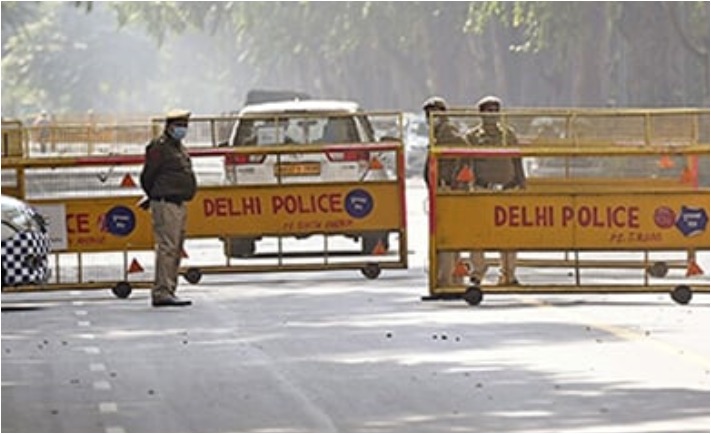
The United States has weighed in on the recent diplomatic tensions between India and Canada, emphasizing the need for on-ground diplomats to resolve differences. The dispute began when Canada evacuated its 41 diplomats and 42 accompanying dependents from India in response to a perceived threat from New Delhi to strip them of their diplomatic immunity. This escalation stemmed from a diplomatic row surrounding the killing of pro-Khalistani hardliner Hardeep Singh Nijjar.
State Department spokesperson Matthew Miller expressed concern over Canada’s decision, stating, “Resolving differences requires diplomats on the ground. We have urged the Indian government not to insist upon a reduction in Canada’s diplomatic presence and to cooperate in the ongoing Canadian investigation.”
Canada’s Foreign Minister, Melanie Joly, subsequently announced that only 21 Canadian diplomats would remain in India, calling on India to uphold its obligations under the 1961 Vienna Convention on Diplomatic Relations. Miller echoed this sentiment, emphasizing the importance of diplomatic privileges and immunities for accredited members of Canada’s diplomatic mission.
In response, India’s Ministry of External Affairs rejected allegations of violating international norms, asserting that their actions align with Article 11.1 of the Vienna Convention on Diplomatic Relations. This article allows the receiving state to limit the size of a foreign diplomatic mission if deemed reasonable and normal.
India argued that the larger number of Canadian diplomats in India and their perceived interference in internal affairs warranted a parity in diplomatic presence between New Delhi and Ottawa.
This diplomatic dispute escalated further following Prime Minister Justin Trudeau’s accusations in mid-September that Indian government agents were involved in the assassination of Nijjar on Canadian soil, claims India dismissed as “absurd.” The ensuing tit-for-tat expulsions of diplomats and travel advisories only heightened tensions. Trudeau emphasized the need for constructive engagement with India, given its increasing global significance.
